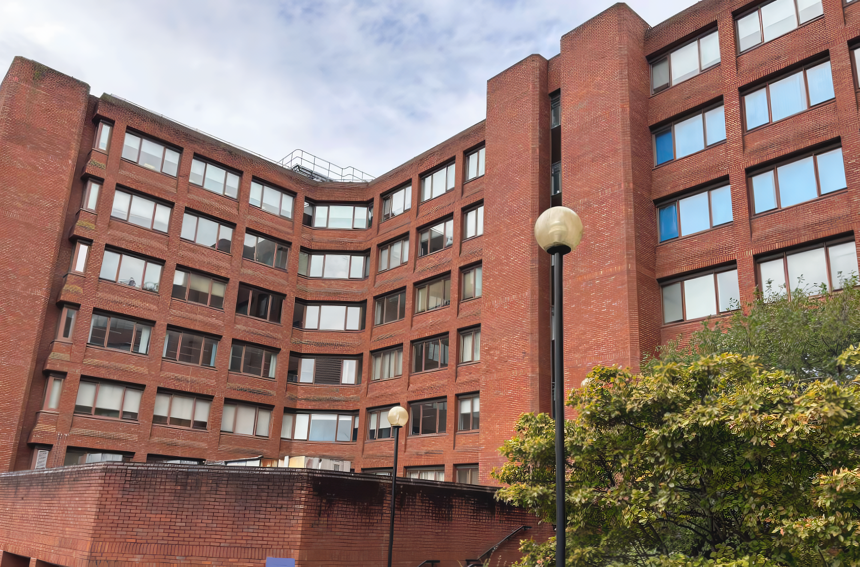Property – Trust – Tracing – Appellants’ father as sole trader recovering damages for breach of contract – Respondent investors claiming creation of trust in their favour over undivided shares in sole trader business – Respondents claiming right to tracing claim for value of property occupied by second appellant – High Court granting declaration of entitlement to maintain tracing claim – Appellants appealing – Whether judge erring in deciding that trust validly created in favour of respondents – Appeal allowed
The appellants’ father (N) was a sole trader who had recovered substantial damages for breach of contract. The respondents were investors in N’s business. They claimed that he had created a trust in their favour over undivided shares in his sole trader business; and that the terms on which they had agreed to invest entitled them to a share of the damages. The respondents sought a declaration that the money used to repay a mortgage loan on a residential property in Rackheath, Norfolk occupied by the second appellant was trust property so that the respondents were entitled to maintain a tracing claim for the value of the property. The claim was made on the basis that a mortgage loan used for the purchase of the property had been repaid from funds that were subject to the trust. Legal title to the property was transferred to the ninth respondent, a company established by N. If the funds were subject to the trust, the company had notice of that fact through the knowledge of N.
The basis of the respondents’ claims was not identical. N had entered into a “Contract of Agreement” with the first respondent, which had been prepared without legal advice. It provided for the first respondent to have a 5% equity interest in the holding company and/or any subsidiary company subsequently formed and that the equity position would cover the activities of any company or corporate vehicle, trust, partnership or similar. The other respondents relied on letters signed by N which referred to investments and equity positions in the company.
The High Court held that N had validly created trusts in favour of the respondents in respect of undivided shares in his sole trader business and the money used to repay a mortgage was trust property over which the respondents were entitled to maintain a tracing claim: see [2016] EWHC 1242 (Ch). The appellants appealed.
Held: The appeal was allowed.
(1) The creation of a trust had significant, and generally irreversible, consequences. The settlor, by creating the trust, ceased to be entitled to the benefit of the property subject to the trust. If, as in the present case, he continued to hold the legal title to the property, he held it, to the extent of the interest created by the trust, for the benefit of the beneficiaries of the trust and became subject to exacting fiduciary duties owed to the beneficiaries in relation to the trust property. The law required certainty on the intended beneficiaries, the property to be subject to the trust and the intention of the settlor to create the trust. Those elements had to be established objectively by reference to the documents, words or conduct relied on as creating the trust. Statements as to the settlor’s intention made subsequently were irrelevant. There was a parallel with the approach adopted to determine whether a contract had been made.
(2) In the present case, no decision of any court had been found which addressed a trust created by a sole trader of a share of his business. Even if such a trust was possible, it raised significant issues which would have to be addressed by anyone proposing to create such a trust. The creation of a trust of a share in a sole trader’s business undoubtedly caused difficulties, which had not been explored in any authority, but they went more to the question of intention than to the issue of certainty of subject-matter: Re London Wine Co Shippers [1986] PCC 121, Hunter v Moss [1994] 1 WLR 453 and In re Lehman Brothers International (Europe) (in administration) [2011] EWCA Civ 1544 considered.
(3) Although the document was headed “Contract of Agreement”, it did not have contractual effect. Critical terms were subject to further agreement. The agreement was not on its face a declaration of trust and appeared to be either an agreement or conditional agreement entered into in contemplation of events that did not happen. The agreement was not an enforceable contract because it was too uncertain in its terms. There was no template for a direct proprietary interest in the assets and goodwill of a sole trader business. The main purpose of the agreement suggested that, if anything, contractual rights were the intended effect of the agreement. It did not begin to address the issues that would have to be addressed if a trust was intended. The business was highly speculative and would likely involve the incurring of debts and liabilities which would not fit well with the conventional duties of trustees, but no provision was made in that respect. There was no reference to the liabilities of the business or how it would be managed if a trust was created, nor to any right to withdraw. The language of the document was inapposite to create a trust. If effect was to be given to it, the more obvious way would be by way of a personal obligation on the part of N. There was no clear evidence of an intention to create a trust: Paul v Constance [1977] 1 WLR 527 applied.
(4) The admissions and acknowledgements on which the judge relied did not provide support for a trust. There were no words suggesting the creation of a trust and no consideration given to the issues and difficulties involved in such a trust. The obvious consequence of the failure was not a trust but a claim for damages against N.
Thomas Munby (instructed by Hatch Brenner LLP, of Norwich) appeared for the appellants; Neil Cadwallader (instructed by Richard Slade and Co) appeared for the respondents.
Eileen O’Grady, barrister
Click here to read transcript: North and another v Wilkinson and others







